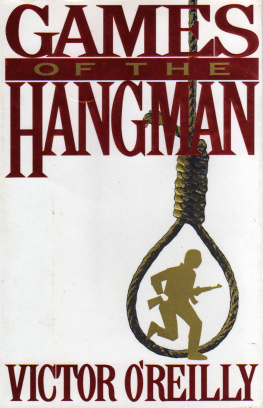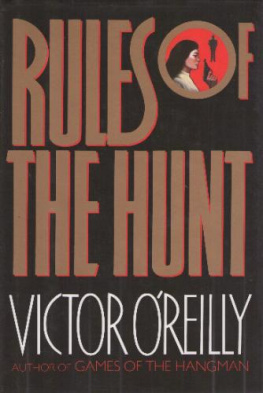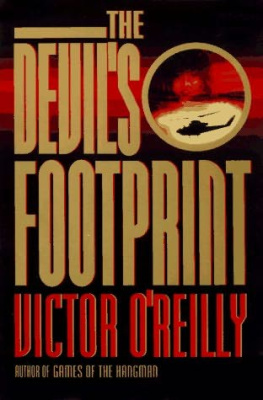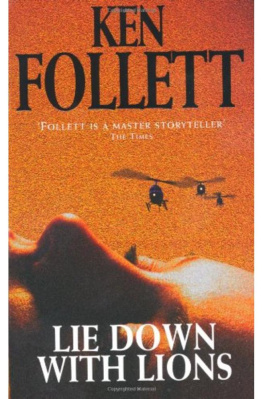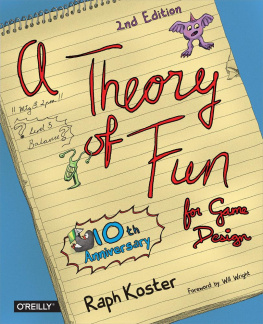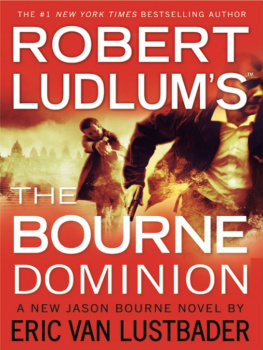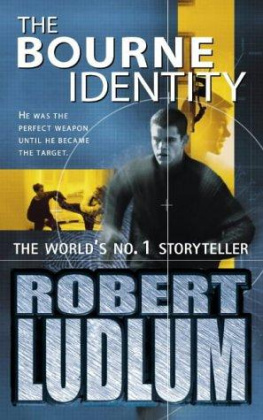Games of The Hangman
Hugo Fitz Duane 01
by
V i c t o r O ' R ei l l y
"From the ancient times, most samuraihave been of eccentric spirit, strong willed and courageous."
YukioMishima, Hagakure
"Plumb hell or heaven, what's thedifference? Plumb the unknown, to findout something new."
CharlesBaudelaire
Prologue
FITZDUANE'S ISLAND OFF THE WEST OF IRELAND 1981
When he wastold he was to hang, Rudi had turned pale and swayed on his feet.
Later he wasmore composed, and it was clear to the others that he had accepted theinevitability of what was to come. Hewas given no choice. Either he wouldaccept the verdict and do what was necessary or he would be killed painfully and so would Vreni and other members of his family. It was one life or several, and either way hewould die. There was only one decisionhe could make. He was told that hishanging would be quick and painless.
He had reacheda point where he couldn't take it anymore, where what they were doing and whatthey planned to do however valid the reasons were suddenly abhorrent. He could no longer continue. Physically his body rebelled, and he felt illand nauseated. His mind was a morass ofterrible images and memories, and hope and belief were dead. He had been warned when he joined that hecould never leave alive.
He thought offleeing or going to the authorities or fighting back in some way, but he knew knew with absolute certainty that they meant what they said and would do whatthey had threatened. It must be hislife, or Vreni and Marta and Andreas would die.
In many wayshe welcomed the prospect of death. Guiltengulfed him and he could see no way out. He knew he would not be forgiven for what he had done already; he couldnot forgive himself.
Thearrangements were made by the others. Hehad been told where to go and what to do. The rope was already in place when he reached the old oak tree. It was thin and blue and of a type used dailyaround Draker for myriad tasks. It washard to believe this mundane object would end his life. He had been told that precise calculationshad been made to ensure that his death would be instantaneous.
Four of theothers stood around the tree watching and waiting but making no motion tohelp. He must do this alone.
He climbed thetree with some difficulty because the bark was wet and slippery from recentrain. He stepped out onto the branch andslipped the noose around his neck. Henearly slipped and used the hanging rope to steady himself. His hands were shaking and his skin feltclammy.
He could seetwo of the watchers below him. A wave ofdespair and loneliness swept over him and he longed to see some friendlyface. In seconds he would be dead. Nobody would truly care. Nobody would ever know the real reasonswhy. The man in Bern was hanging him as surely as if he hadbeen physically present instead of fifteen hundred kilometers away from thismiserable dripping forest.
Rudi suddenlythought of his father and the time when the family had all been happytogether. Rudi could see him, and he wassmiling. It was the way it used tobe. He stepped off the branch towardhim.
It wasn't overin seconds. The man in Bern had been explicit: it wasn't meant to be. It took Rudi some considerable time to die.
The watchers appalled and excited and stimulated waited until the spasming and jerking andsounds of choking had ceased, and then they left.
It was a smallthing compared with what was to come.
Book One
The Hanging
"Irish? Intruth, I would not want to be anything else. It is a state of mind as well as an actual country. It is being at odds with other nationalities,having a quite different philosophy about pleasure, about punishment, aboutlife, and about death..."
Edna O'Brien , MotherIreland
Fitzduaneslept uneasily that night but awoke with no conscious premonition that anythingwas wrong. It was raining when heclimbed out onto the fighting platform of the castle keep and looked across thebattlements to the dawn. He reflectedthat rain was something anyone brought up in Ireland had plenty of time to getused to.
More thanseven hundred years earlier the first Fitzduane had stood in much the same spotfor much the same reason. Inclementweather or not, the view from the castle keep brought satisfaction, even in thegrim, dull month of February. The landthey saw was theirs, and the Fitzduanes, whatever their personalidiosyncrasies, shared a what I have I hold mentality.
The rainstopped, and the sky lightened.
The castlestood on a rocky bluff, and from his vantage point Fitzduane could see much ofthe island. It just qualified as anisland, a windswept finer of bog, heather, low hills, and rough pasture juttingout into the Atlantic and separated from the mainland by a mere twentymeters. A bridge set well into theoverhanging cliff tops spanned the divide.
Farther inlandwas a freshwater lake by whose edge stood a small white thatched cottage. A trickle of smoke emerged from itschimney. Inside, Murrough and his wife,Oona, the couple who looked after the castle and its lands, would be havingbreakfast. Murrough had been Fitzduane'ssergeant in the Congonearly twenty years earlier.
The Atlantic crashed and spumed against the rocks that formedthe seaward base of the castle. Fitzduane savored the familiar sound. He huddled deeper into his heavy waterproof as the gusting wind, even atthis height, blew salt spray into his face.
He glanced athis watch. Half past eight. Time to go. He closed the roof door behind him anddescended the circular staircase with some care. The stone steps were worn by centuries ofuse, and it was five flights to the storeroom and the armory below. The old names for the rooms were stillused. Although sides of salt-cured baconno longer hung from the blackened hooks of the storeroom ceiling, anyself-respecting Norman knight would still have been impressed by the reservesof weaponry that were on display in the armory. If the same knight had been familiar with firearms and the matriel ofmodern warfare, he would have been dazzled by the collection of rifles,pistols, and automatic weapons concealed in the deeper recesses of thecastle. Illegal though it was undercurrent Irish law, Fitzduane maintained the family tradition of collectingweapons of war.
* * * * *
In itsoriginal from the castle had been a rectangular tower of five floors topped bythe fighting platform, with the entrance, accessible only by ladder, on thesecond story. Over the centuries thecastle had been adapted, strengthened, and modernized. A three-story slate-roofed extension nownestled up to the original rectangular keep. Stone steps replaced the ladder. A curtain wall surrounded the bawn, as the castle courtyard is known in Ireland, andstables and outhouses had been built inside the enclosed perimeter. A network of concealed tunnels and storeroomshad been added in the sixteenth century.
The entrance,always the weakest part of a castle, was through a small two-story tower, knownas the gatehouse, or barbican, set into the curtain wall. The floor of the protruding upper story waspierced with openings murder holes from which missiles and boiling watercould be dropped upon attackers.
The originaliron portcullis, the heavy spiked gridiron gate that could be dropped intoplace at a second's notice like a guillotine, had long since rusted away, butit had been replaced during the Napoleonic Wars. It now hung, its windlass oiled and inworking order, awaiting an attack that would never come. Externally the castle was guarded by the seaand the cliffs on two sides, and a deep ditch secured the rest.
Duncleeve, theancestral home of the Fitzduanes for more than seven hundred years, had neverbeen taken by direct assault. That wasreassuring, Fitzduane sometimes thought, but of limited practical advantage inthe twentieth century.
Next page
